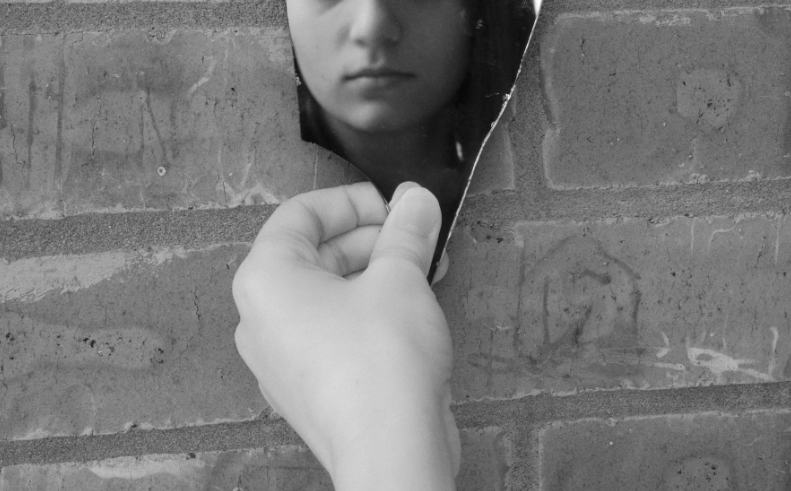Puberty, Virginity, and Desire in Catherine Breillat’s Fat Girl (2001)
Catherine Breillat is cinema’s greatest provocateur. Over the last few years, her extremely sexual work has stirred a great range of reactions, from critics dubbing her as a pornographer dressed up as art cinema, to a brilliant protegee of de Sade and Bataille. I think her critics woefully miss the point; Breillat’s work may be about enmeshed bodies, but it is paradoxically unerotic. Her filmography indeed focuses on sex, but not in hopes of titillating the squirming viewer or providing visual pleasure. Rather, Breillat’s artist project is about exposing the mystical idea of sex through a critical feminist lens. To share tales of our ‘debaucherous’ desires—something women have long been shamed for since patriarchy made us into worshippers of demurity — in an exceptionally sterile way.
Nowhere is this more apparent than Breillat’s striking film, Fat Girl (2001). A vacation story about two jealous sisters—Elena (Roxane Mesquida) and Anaïs (Anaïs Reboux)—quickly devolves into a treatise on the trauma of girlhood. The film is premised on Breillat’s acute understanding that puberty is a gendered confrontation of flesh. Boys become men with riveting muscles and a terrifying, bestial strength. Inversely, girls become weak, docile women. The girl who could once run as fast as the boys in her class begins to lag behind—soon, she competes in a different category. She starts to notice salacious gazes from men on the street, in the grocery store, perhaps even her own home. Her growing body now becomes bondaged by patriarchal oppression. For men, puberty is empowerment; for women, it is captivity.
In Fat Girl, Breillat carefully untangles this tension by contrasting how Elena and Anaïs relate to their new bodies. Elena enters puberty gracefully: her thin, waif-like figure combined with her coquette mannerisms enchant the many men who enter her periphery. Meanwhile, Anaïs is stuck with lumps and bumps that exacerbate her gloomy, misanthropic demeanor. If the female body is a commodity, ugly women do not fare well in the sexual economy.
For much of the film, Anaïs watches halplessly like a cuckold as her pretty sister experiences a summer of awful sex and objectification. Elena’s confusing first time with a man more than double her age is framed in unflinching long takes, while the ‘fat girl’ watches. Anaïs’ seething jealousy is perhaps odd to the priggish, feminist onlooker: why would anyone yearn for this? Such questions, I think, overlook the tragedy inherent to girlhood. Although we may intellectually reject our sexualization, even the most reflexive feminist is unable to drown out the grating noise coming from the patriarchy. Though young and naive, Anaïs perceptively understands that to be a woman is to be reduced to male pleasure: if she is not desired, then how can she graduate from being a girl?
Fat Girl ends in an utter terror—which, sadly, defines many people’s first encounters with sex. Anaïs, Elena, and their mother are driving on the highway when a man suddenly jumps in front of their car. The vehicle swerves, instantly killing the latter two. For a film which has, until now, been shot with neo-realist techniques, the sudden jolt of violence is startling and adds to the affect of what’s to come. In an excruciatingly long take, the man pulls Anaïs into the woods and rapes her, gruffing and huffing over her like a brutish animal. However, when the authorities finally arrive, we hear Anaïs claim that no rape took place. Either the trauma has yet to register or, more compellingly, Anaïs sees this not as assault but an experience to finally propel her into adulthood. As transformation from pathetic flesh to a desirable object—for her, this is liberation.
Breillat is not excusing rape here, but prying at a very common part of the feminine experience which Paglia, the hand maiden of the patriarchy, is known for: capitulation. Fat Girl knows that sexual validation can be a powerful feeling, a twisted pleasure akin to masochism, especially for the eager virgin. Although Anaïs’ complex subjectivity is challenging, it is an example of what I greatly appreciate about Breillat’s films: her promiscuous heroines are multi-dimensional subjects dealing with the contradictions latent in heterosexual sex.
